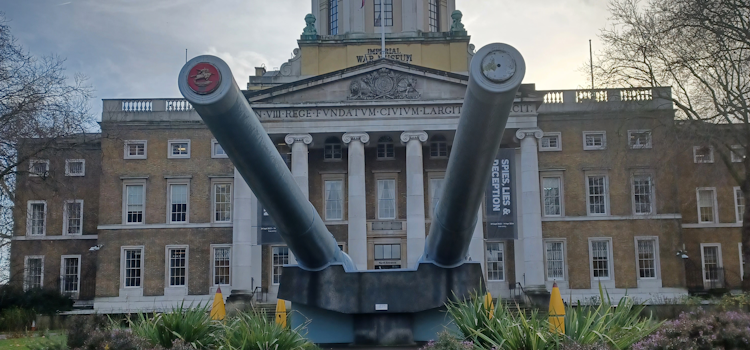The Guardian reports, “European Commission president said Brexit could be fixed because leaders had ‘goofed it up’” This has caused some excitement in the Brexit fantasist camp. This article is poor though, as ever, focusing on the UK, provoking both Sunak’s extremely rapid and intellectually vapid rebuttal and a ‘senior Labour source’ confirming that Labour will not rejoin the single market. They all fail to take account of the EU’s needs to prepare to accelerate the admission process for the Western Balkans and Ukraine/Moldova. Von der Leyen is also arguably speaking to the über-federalists who will not make a choice between enlargement and integration, or if they do, choose integration. She was also not talking in the short term. Although I expect she is hoping for a more rapid return than Starmer/Reeves’s “not in 50 years”.
In the short term, we can examine the European Parliament (EP) Resolution calling for a Convention, see also the full text published on the EP site, which is arguably the manifesto of the Federalists, and “Sailing the High Seas” aka the Report of the French & German experts which foresees that the EU needs a pause on integration and to offer those not ready for next steps confidence that they belong.
It’ll be a difficult choice.
The EU needs to avoid the idea of an a-la carte choice to EU membership with each member state negotiating its preferred opt outs. One of the fuels for British exceptionalism was the four opt-outs, and the expectation that more could be obtained. “Sailing the high seas” proposes tiers of membership, a bit more prix fixe and less a-la carte. The EP resolution confirms the indivisibility of the four freedoms of the single market.
The Union needs greater economic integration, even if only to pay for the Ukraine war, and for that to happen they need to change the way decisions are taken and change the goals of the Union’s current economic management regime. Enlargement also is a reason for increasing the decision making speed of the Union and its institutions. The size of the union budget is too small to perform effective demand management. At the moment, it is prohibited from raising direct taxes and thus the Union’s economic policy tools are exclusively monetary and thus mainly impact on euro zone states. The EP resolution proposes to reinforce full employment as an equal goal to the current debt management goals.
One of the key proposals in the EP resolution are about decision making and the powers of the Council. The EP proposals removes the member state veto from many areas of decision making and transforms many of them from Council decision to a Parliamentary co-decision.
The EP resolution carried by a slim majority with large parts of the EPP abstaining may not have the political weight it should, but it calls for a significant extension of competencies, which is what the EU refers to its areas of jurisdiction.
The list of extensions is extensive including exclusive Union competence for the environment and biodiversity as well as negotiations on climate change. It proposes to establish shared competences on public health matters and the protection and improvement of human health, especially cross-border health threats, civil protection, industry, and education especially when transnational issues such as mutual recognition of degrees, grades, competences and qualifications are concerned.
The Parliament proposes to further develop Union shared competences in the areas of energy, foreign affairs, external security and defence, external border policy in the area of freedom, security and justice, and cross-border infrastructure.
CTOE has called on the Council to agree to a convention and demands, “that any treaty revision process ought to include citizen participation, deliberation and consultation from the start and not wait until it will again be too late: failed ratification referendums.” It also observes that, “the proposals regarding the democratic life of the EU remain deceptively modest”.
The train maybe leaving the station; it’s certainly the case that the EU’s member states have little interest in supporting Britain’s political parties as they gather the courage to move beyond triangulation despite the polling evidence on the British people being ready and wanting to rejoin.
Here are my notes and links on Von Der Leyen’s speech, initially focused on a EuroIntelligence piece. I have been tracking these developments in wiki articles, EU Reform and Sailing the High Seas, … . …




